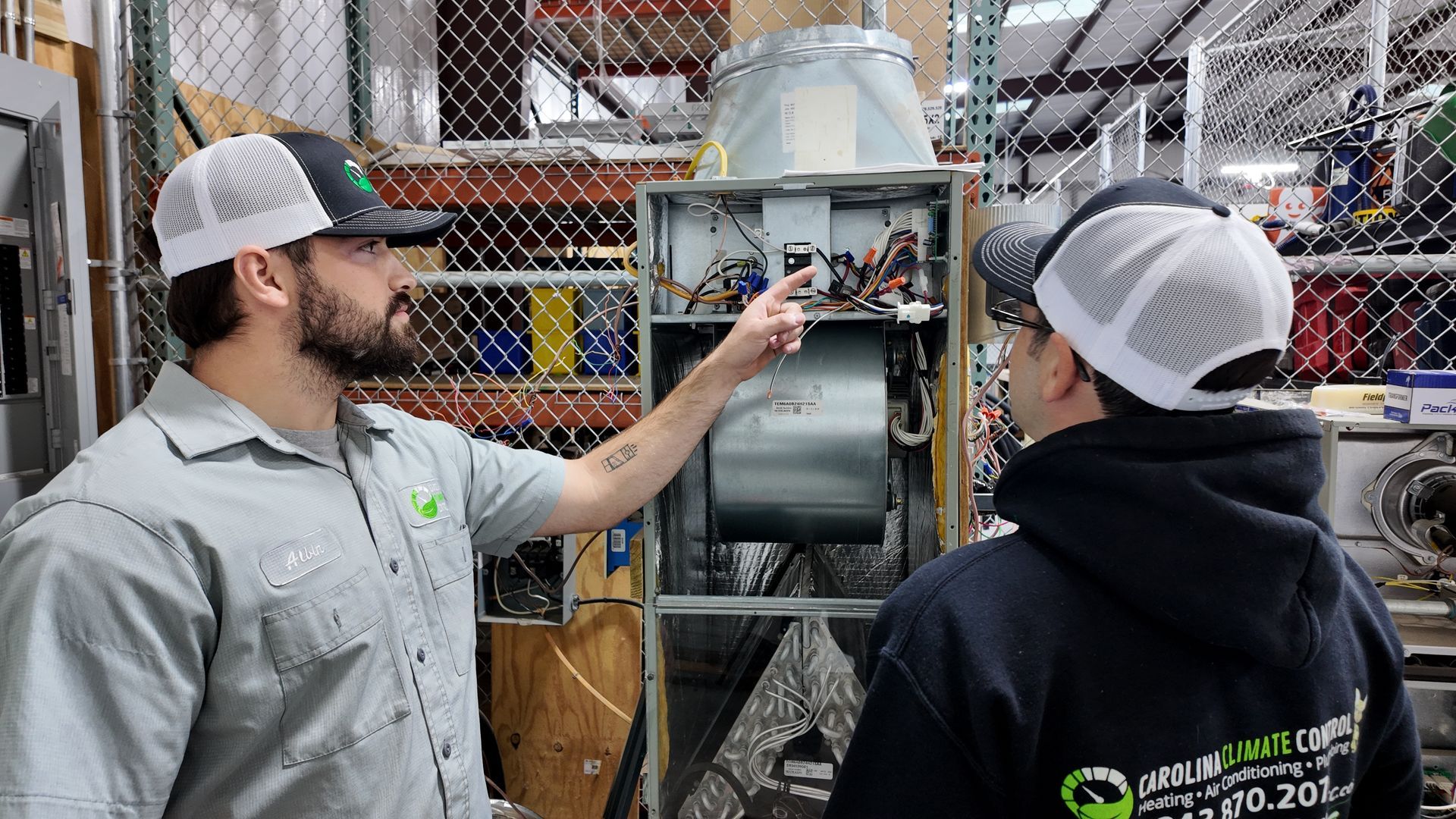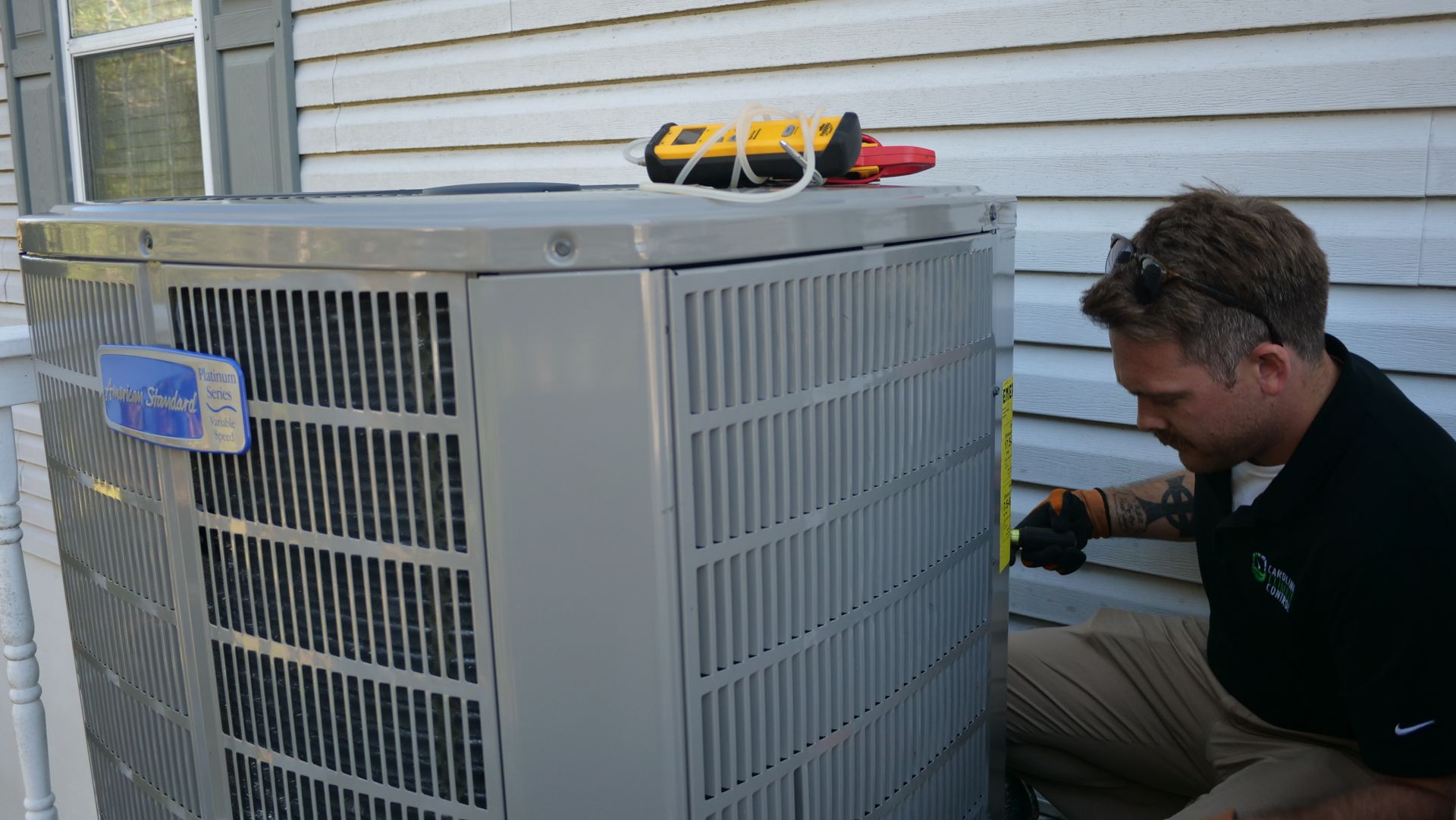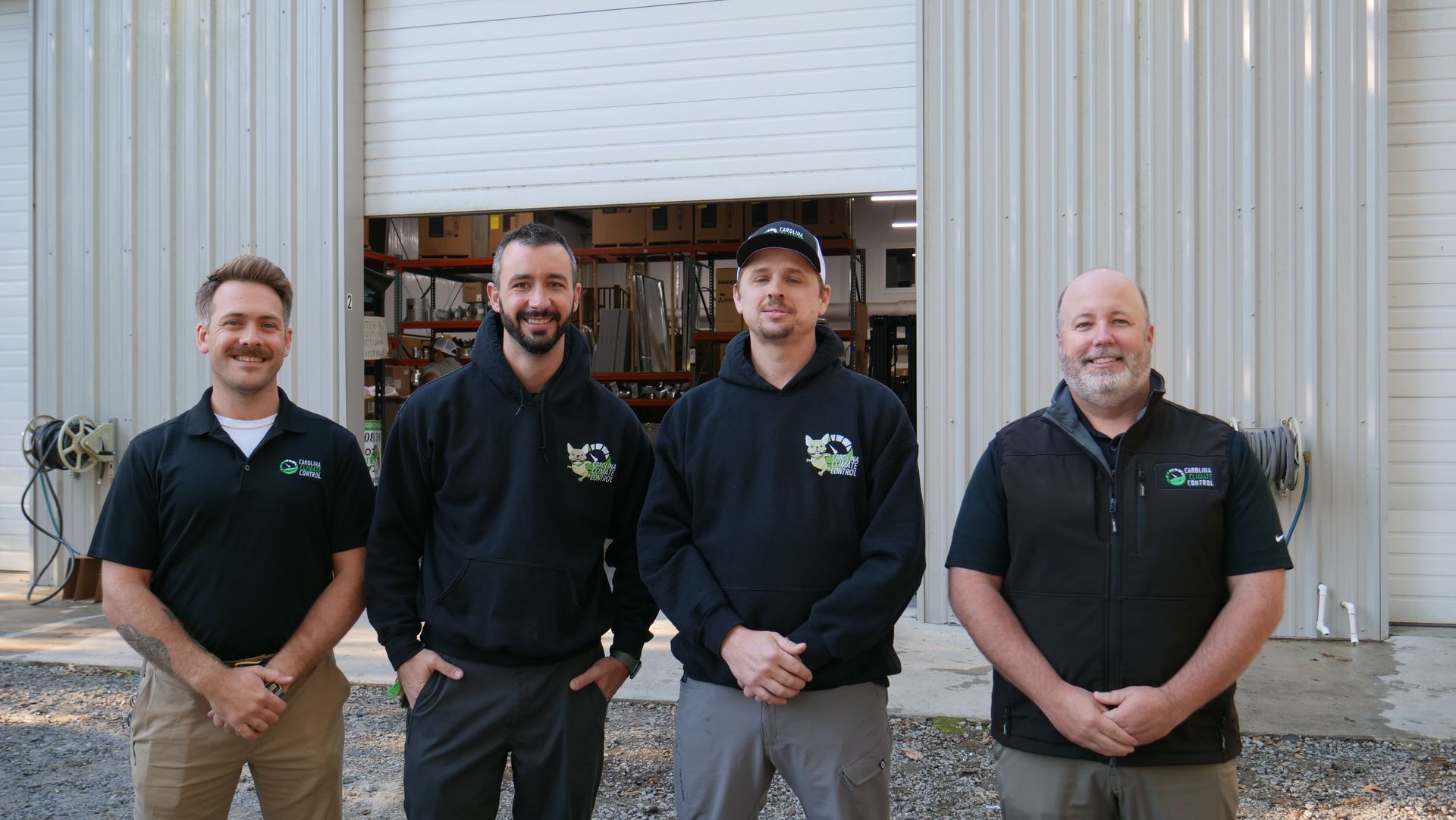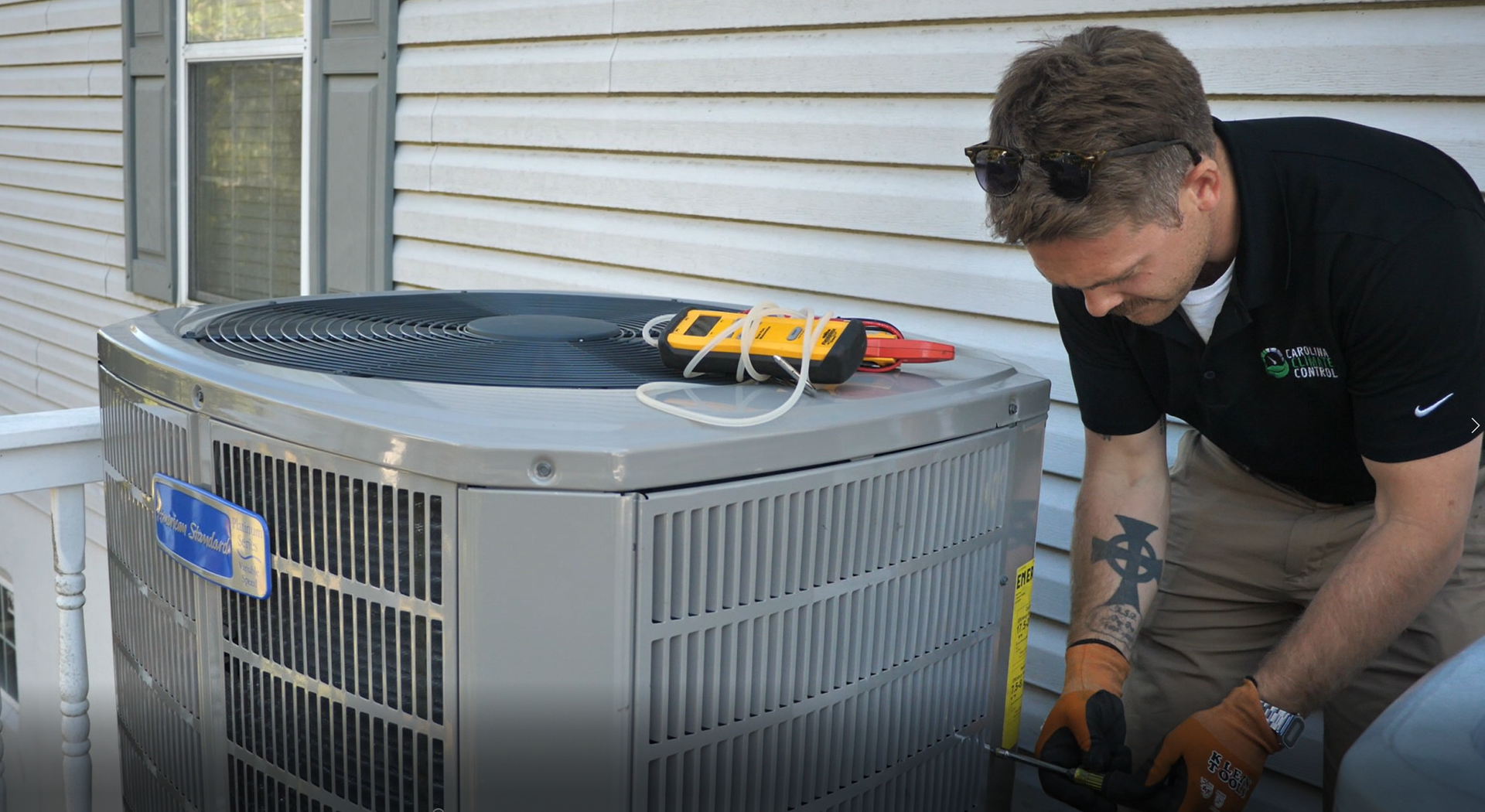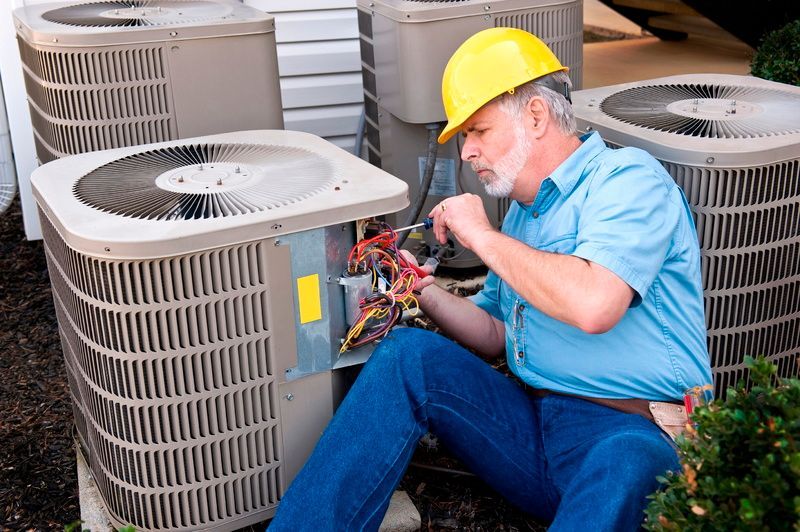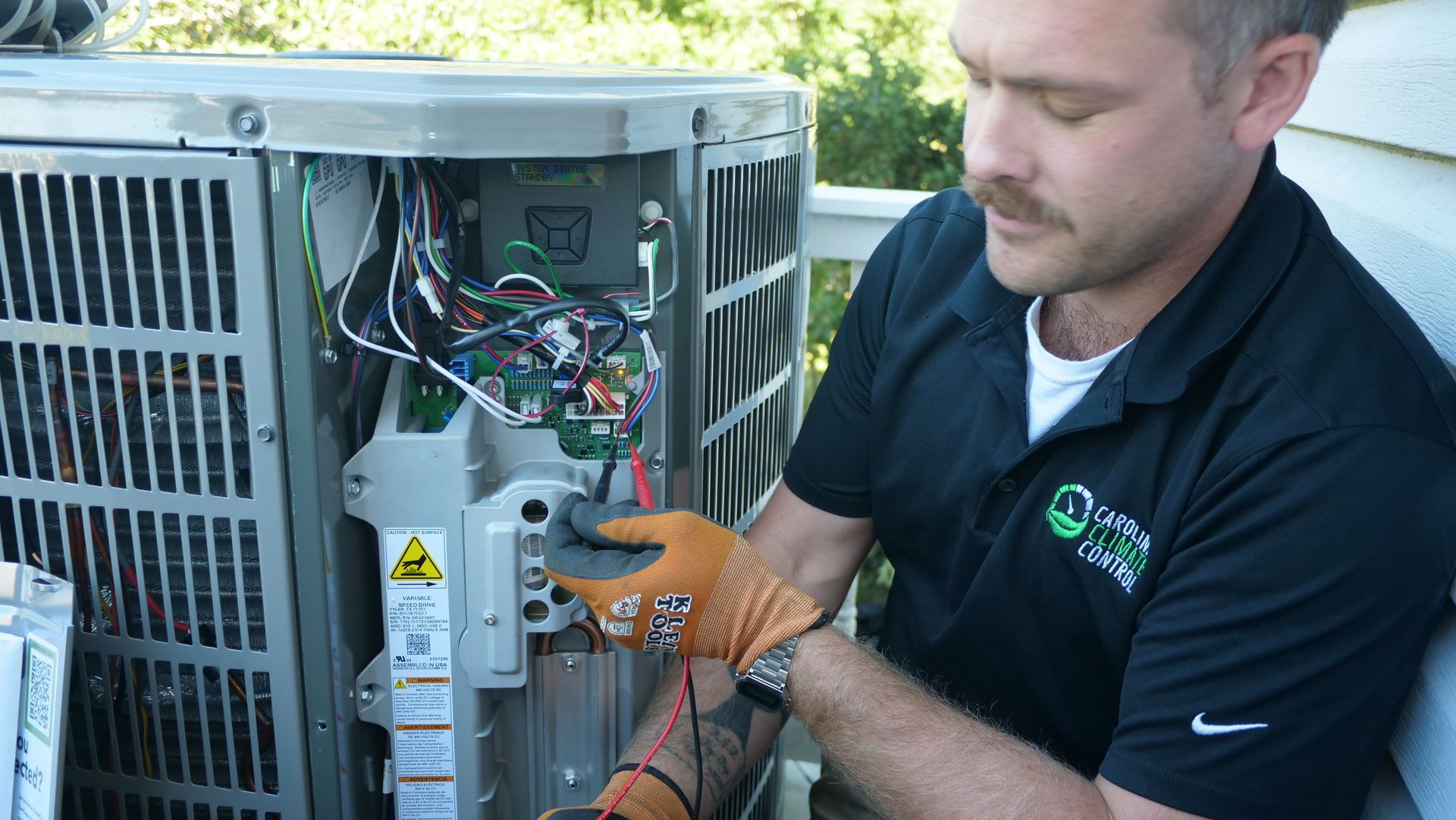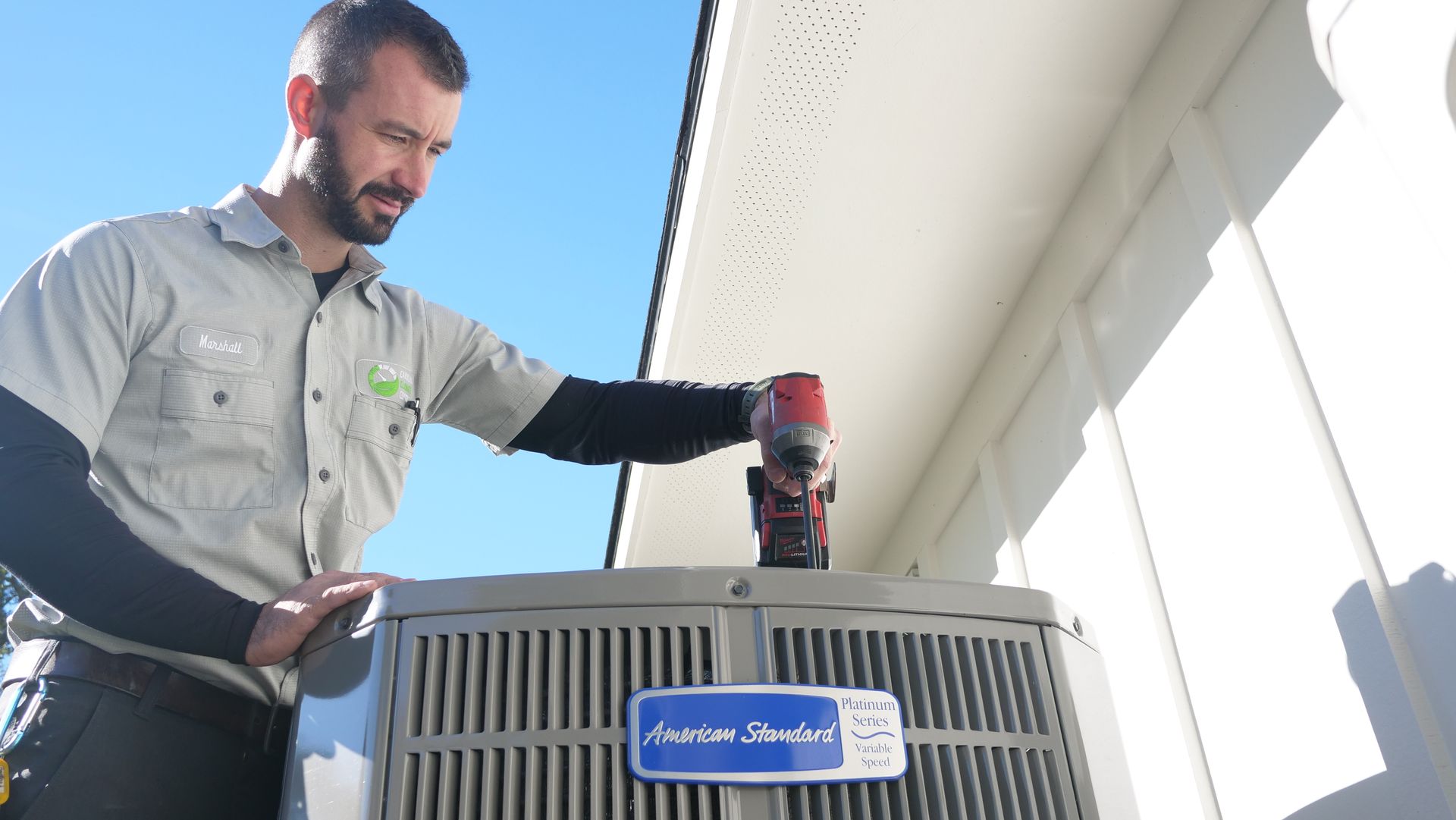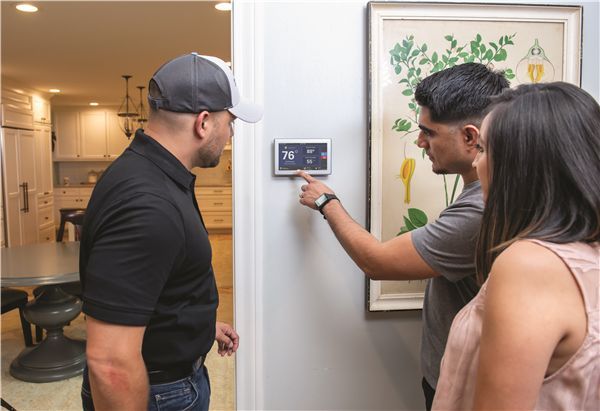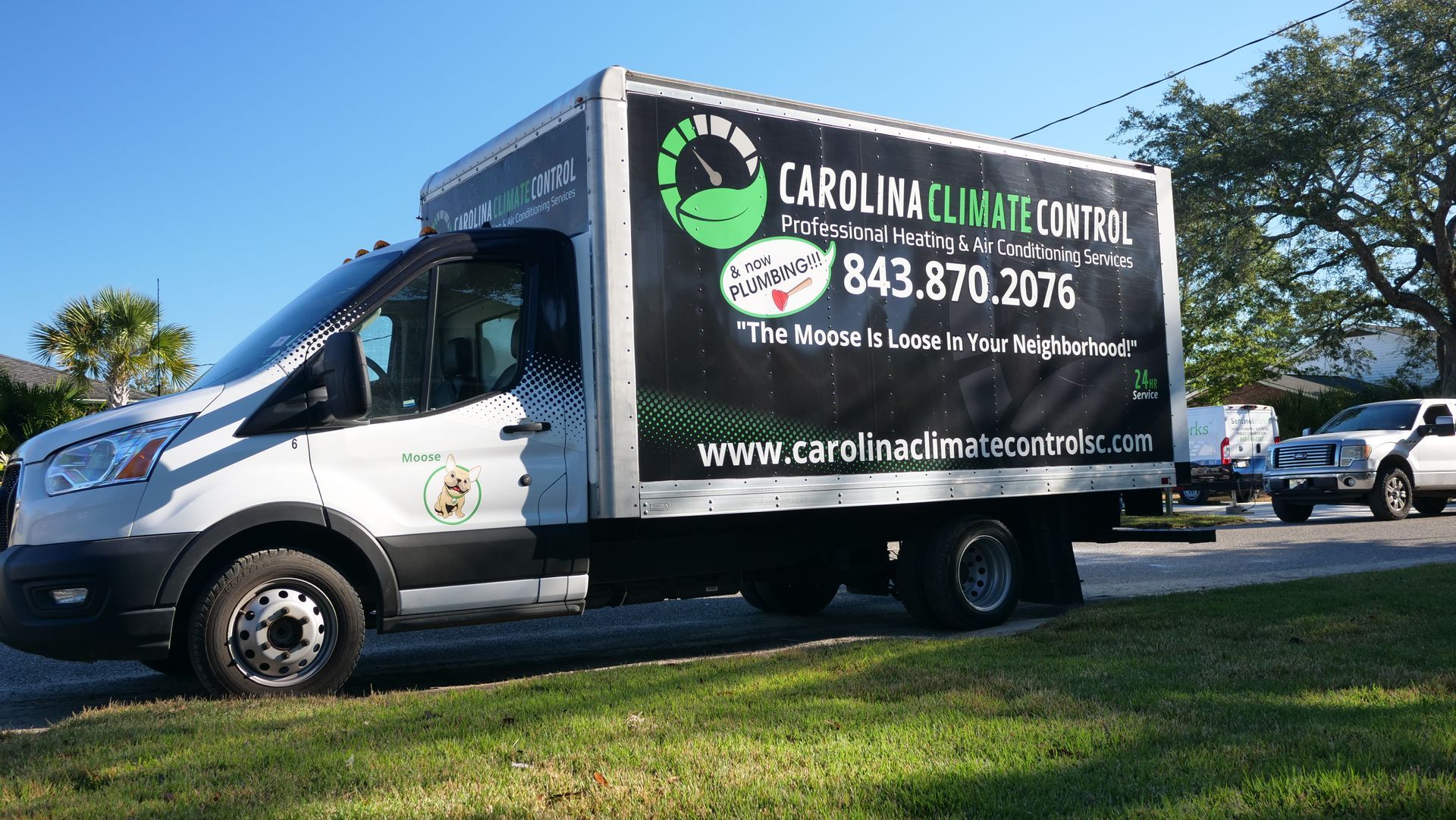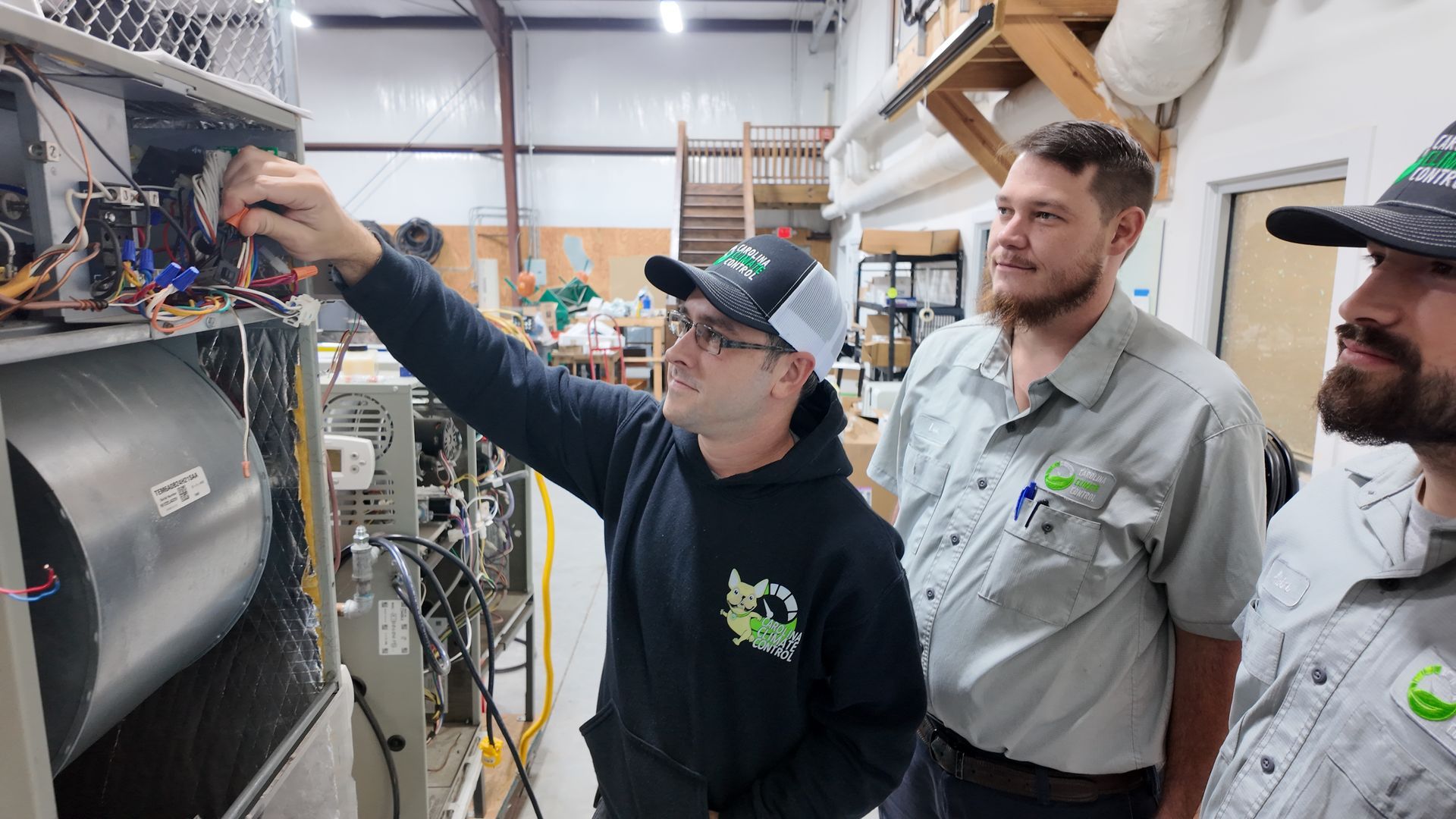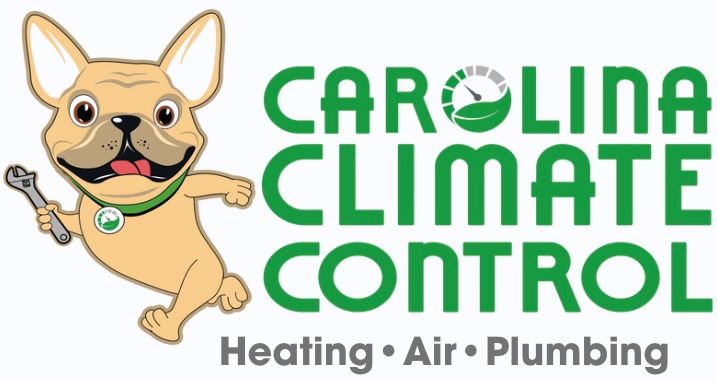Here’s How To Prepare Your Lowcountry Home For The Upcoming Winter Season
Charleston’s fall temperatures mean you can break out your favorite sweaters, enjoy the outdoors without humidity and finally rely less on your home’s air conditioning — at least for some days.
With South Carolina’s temperate climate, you might find yourself bouncing between turning on the heat and turning on the AC. Make sure your HVAC is ready for this transitional time.
The Challenges of Charleston Fall Temperatures
In October, Charleston fall temperature highs range from around 80 to 70 degrees. In the evenings and early mornings, the average drops to the upper 50s and 60s. By November, it can be closer to 50 degrees. This presents a challenge to your HVAC system. It has to be ready to heat and cool your home.
Your HVAC has been working overtime all summer, so fall is a great time for some routine maintenance. Fortunately, there are a number of things you can do yourself, but you should rely on an HVAC maintenance technician for more intensive repairs and seasonal preparation.
Fall HVAC Maintenance You Can Do Yourself
Because of Charleston’s mild fall temperatures, you might not have your heat or air on too much, but that’s all the more reason to do thorough routine maintenance. Inactive HVAC systems are magnets for debris, dust and mold. If you haven’t had your system on for a while, finding it in disrepair when you need it is an unpleasant surprise.
Clean Off Your Outdoor HVAC Unit
Give the outdoor unit, or condenser, a quick clean. You can spray it off with a hose or wipe it down with a wet cloth. Before beginning, be sure to turn the unit off.
Clear the Area of Debris
The transition from summer into fall means your outdoor unit might be surrounded by debris. Whether you have overgrowth from the summer or leaves and branches in mid to late fall, clean a four-foot area around your unit.
Vacuum Your Heating System’s Vents
After getting your AC unit clean, turn to your heating system. No matter your type of heater, the vents should be cleaned regularly to make it more energy-efficient and safe for fall. Mild fall temperatures mean moisture and even mold can invade your vents.
Especially for residents with allergies, dirty vents pose significant air quality issues. You can use the hose on a regular vacuum cleaner to clean them before you turn on the unit.
Inspect and Change Air Filters
The International Association of Certified Home Inspectors recommends changing furnace and HVAC air filters at least every three months when in use. In Charleston, this means you may only have to change your filter once or twice a year. However, you should change your filters once a month if:
- You have pets
- You have a fireplace
- Someone in your home has allergies
- There’s construction near your home
- You smoke indoors
- You have a large garden nearby
If your filter is damaged, damp or moldy, you should replace it immediately. Due to the Lowcountry’s climate and coastal location, your filter is more likely than the average American home to be damp or moldy as fall starts.
Fall HVAC Maintenance For Your Local HVAC Company
There are many areas in an HVAC system you can’t see or access easily. Those areas are best left to a professional. Like your vents and filters, drains, pipes and vents can fall victim to Charleston’s seasonal temperatures and humid climate.
Clear Drain Lines and Pipes
While Charleston doesn’t normally have below-freezing temperatures, you still don’t want standing water in your AC system. It likely won’t freeze and burst pipes, but it becomes stagnant and breeds bacteria.
Clean the Coil
In Charleston, salt from the ocean and sand from the beach can collect on your AC unit’s coil. If left there all autumn, the coil will be corroded come summer.
Check Ducts, Pulleys and Belts
Once again, Charleston’s coastal location is a hindrance to HVAC systems. A technician can check all the ducts and moving parts for tears, holes and corrosion that frequently plague local HVACs because of salt, sand and high humidity.
Calibrate Your Thermostat
If you have an automatic system, a technician can calibrate it. With the balmy fall weather going from warm to cold frequently, your system needs to be able to tell when it should turn on and off. If it can’t, your monthly utilities will be unnecessarily high.
Inspect and Clean the Whole Heating System
Ever notice how weird a house smells when the heating system kicks on for the first time of the year? That’s from the dust, sand and dirt that accumulates throughout every season. Since there’s no air moving through it, all that stuff sits there. It not only smells musty, it can also clog vents and filters.
For Charleston HVAC systems, there’s also likely mold from the high summer humidity. Since fall and winter temperatures don’t get cold enough to kill bacteria, it thrives in corners of HVAC systems. Let a professional clean it and notify you if you need to repair or replace heat pumps, detectors or burners.
Carolina Climate Control: Trust Us For Year-Round Comfort
No matter what Charleston fall temperatures are like this year contact Carolina Climate Control for HVAC installation and repair around Charleston. We’re well-versed in how coastal South Carolina’s climate poses unique risks to your home.
Whether you need heater repair , air conditioning service or a new furnace installed , we bring reliability, speed and environmentally-friendly techniques to every job in and around Charleston. Not sure where to begin? Request a free HVAC service estimate to see how we keep Lowcountry homes cozy and healthy all year long.
The post Here’s How To Prepare Your Lowcountry Home For The Upcoming Winter Season first appeared on Carolina Climate Control.
